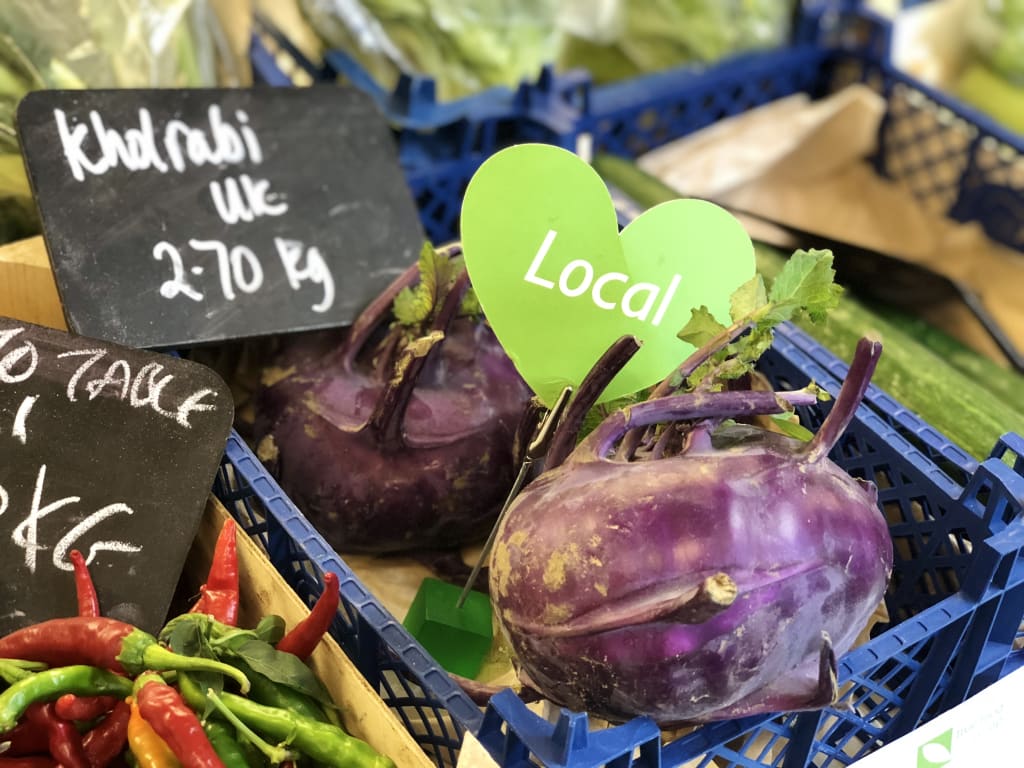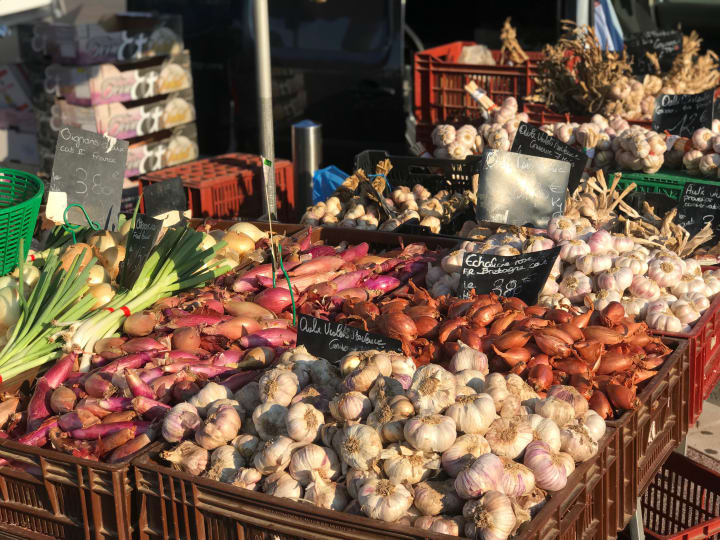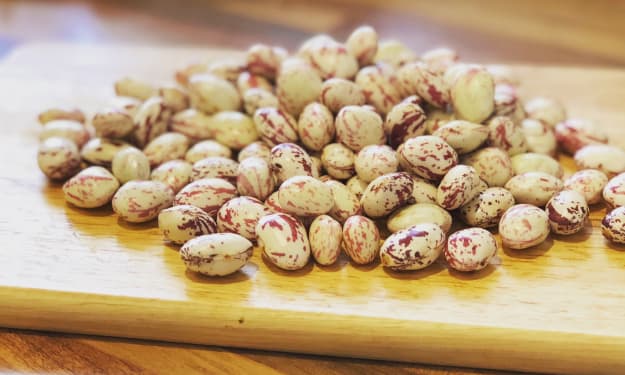Seasonal and Local
Why We have to Kick the Supermarket Habit

It's been a long time, a long time coming, but I know a change is gonna come, oh yes it will! Sam Cooke does it far better than me, but its the sentiment that counts! Maybe it's my age, maybe it's the words of a nutritionist I once spoke to, or maybe it's that we are all needing to know that someone out there cares for what we consume, that has driven me to becoming an advocate for seasonal and local goods. The nutritionist put it in simple terms, "we live in a primarily damp and cold northern hemisphere country. In the autumn and winter you need hearty root veggies and iron rich greens. Why are you putting cold leaves and tomatoes inside your body!" I'd never considered it. My local supermarkets stock pineapples all year round along with the asparagus, coconuts, tomatoes, peppers, aubergines and, well, basically anything that a large chain are prepared to ship from one side of the world to the other. We have become used to this affluence of veggies, and I am not advocating the banning of the pineapple in winter. What I do want, however, is for all of us to take our time to consider what it is we need, what it is we can do to support the local economy, our economy for goodness sake, and what is good for us.
Why It's Good for You
Unlike mass producing farmers, local producers generally choose a more organic and natural way of repelling pests, thus keeping the integrity of the food. There is no need for the mass spraying of pesticides.
Because it only requires a short journey from field to market it’s usually free from any preservative, no long trips across country needed. Therefore there is no call for chemicals to keep it fresh as it travels.
Unless picked and frozen immediately (and this often involves some form of chemical process) food will lose its nutritional value along its journey. By having it picked this morning and having it travel the few miles to market ensures the nutritional levels are kept at their highest. It also tastes fresher! Because it is local, it is naturally seasonal, and therefore naturally better for us.
It's good for those who have a diet related condition. For those people who have any sensitivities or allergies to preservatives, food chemicals or hormones that are added to the food, local is the option. Locally grown food is likely to be without these and becomes the obvious choice to supermarket pre-packed preserved food.
It encourages you to think about what you eat. Nutritional, seasonally based and varied. That's what our bodies need, with little or no waste.
Finally food health safety shouldn't be sniffed at either. Your processed food from far afield will have been through many processes and many hands (literally) before it gets to you. Buying it fresh and local ensures it came out of the ground (and the old adage, 'a little dirt never hurt anyone' rings true here) and was handed over to you in all it's just picked glory.
So, come on, shake your lethargy this weekend. Dig out your canvas and paper bags, find your nearest food cooperative or independent farmer. Pop along and chat to the people who grow this stuff and ask them what's good at the moment. Pay a decent price for what you buy. Keep your money flowing around your local community. Keep those people in work whilst you eat the nutritious, delicious food they produce and your body thanks you for it.


Why It's Good for the Local Economy
Bringing back old systems of local garden marketers and farmers doesn't mean we have to bin the current process of food buying. You can still head to your favourite stores in your hour of need. Shopping local and seasonal means changing your approach, buying more from the local farmer, being choosy about what you buy, investing in your own community. And in these times of Brexit and clear uncertainty about what are trading is going to look like, focusing on what we can produce locally and actually buying it, makes common sense.
We know that the change is already happening. In my local neighbourhood there is a weekly market where the stall holders are knowledgable about the provenance of their goods. A local farm has aan honesty box at its gates with a variety of fantastic veg to buy and weekly they set up shop in the grounds of the local brewery. A cooperative run by volunteers gets a large bulk of its vegetables from a farm close by which doubles as a horticulture teaching centre for adults with learning difficulties. There is a movement of people who want to know where their food comes from because of the nutritional benefits, and let's face it, the taste.
About the Creator
Peter Moody
Primary school teacher, writer/blogger. My wife Ali and I live in South Oxfordshire. I am fascinated by what is available locally and seasonally and hope to be able to share that with you here.






Comments
There are no comments for this story
Be the first to respond and start the conversation.